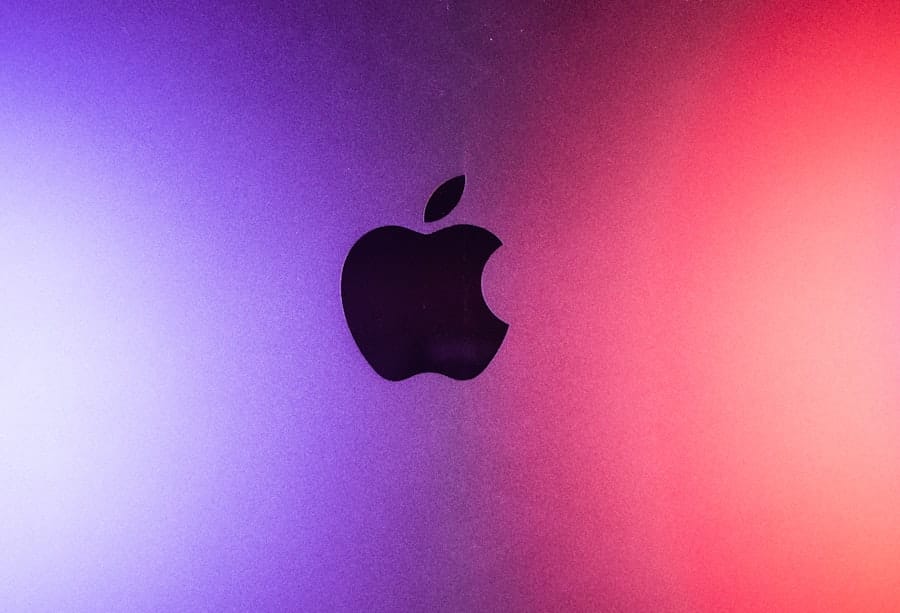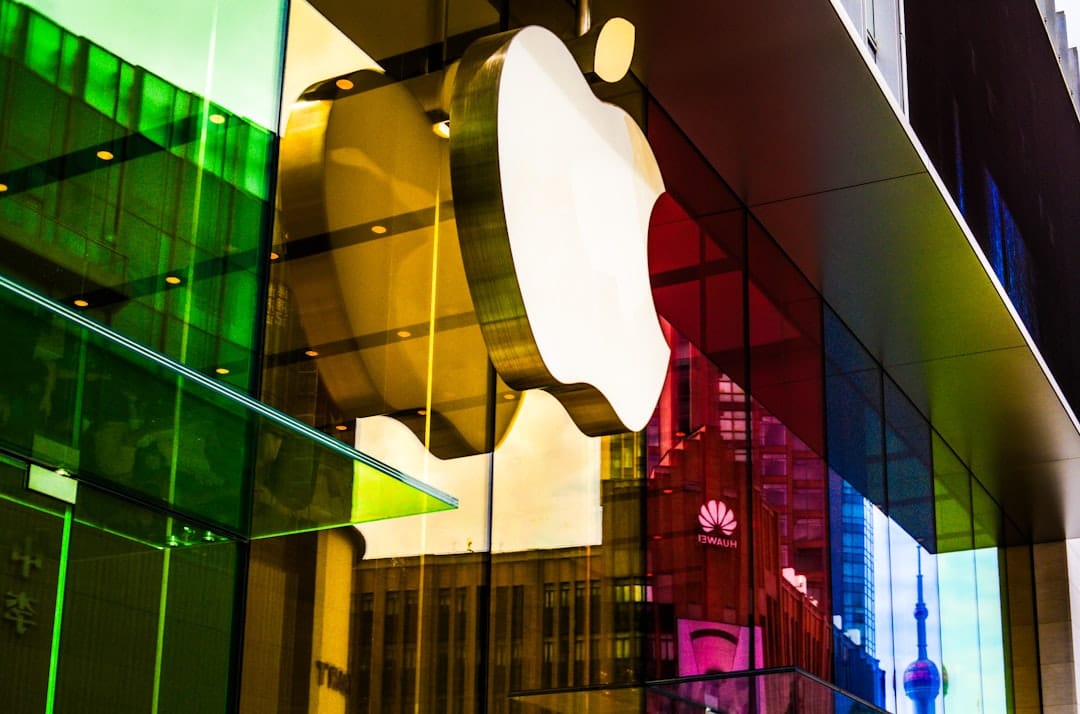The influence of Big Tech on contemporary society and the economy is profound and multifaceted. Companies such as Google, Amazon, Facebook, and Apple have not only transformed the way we communicate, shop, and consume information but have also reshaped entire industries. The digital economy, driven by these tech giants, has created millions of jobs, fostered innovation, and provided consumers with unprecedented access to goods and services.
For instance, the rise of e-commerce platforms has revolutionized retail, allowing small businesses to reach global markets that were previously inaccessible. This democratization of commerce has empowered entrepreneurs and stimulated economic growth in various sectors. However, the impact of Big Tech is not solely positive.
The concentration of power in the hands of a few corporations raises significant concerns about market monopolization and the erosion of competition. As these companies grow, they often engage in practices that stifle innovation from smaller competitors, leading to a homogenization of products and services. The economic landscape becomes increasingly dominated by a handful of players, which can result in job losses in traditional sectors and contribute to widening income inequality.
Moreover, the reliance on digital platforms for everyday activities has created vulnerabilities, as seen during the COVID-19 pandemic when disruptions in supply chains highlighted the fragility of over-dependence on a few major players.
Key Takeaways
- Big Tech has a significant impact on society and the economy, influencing everything from job creation to consumer behavior.
- Big Tech plays a crucial role in shaping public discourse and controlling access to information, raising concerns about censorship and misinformation.
- Big Tech companies wield immense power and influence, with the ability to shape markets and even government policies.
- Allegations and evidence of anti-competitive behavior have been brought against Big Tech companies, sparking antitrust scrutiny.
- Legal and regulatory responses to Big Tech practices are being developed to address concerns about monopolistic behavior and unfair competition.
The Role of Big Tech in Shaping Public Discourse and Information Access
Big Tech companies play a pivotal role in shaping public discourse and determining how information is disseminated across society. Social media platforms like Facebook and Twitter have become primary sources of news for millions, influencing public opinion and political outcomes. The algorithms that govern these platforms prioritize content based on user engagement rather than accuracy or reliability, often leading to the spread of misinformation and sensationalism.
For example, during major political events such as elections or referendums, the virality of misleading information can significantly sway voter perceptions and decisions. Furthermore, the control exerted by these companies over information access raises critical questions about censorship and free speech. Decisions made by tech giants regarding what content is permissible can have far-reaching implications for public discourse.
The banning of certain accounts or the removal of specific content can be seen as a form of gatekeeping that undermines democratic principles. This dynamic creates a tension between the need for platforms to maintain a safe environment free from hate speech and misinformation while also upholding the values of open dialogue and expression. The challenge lies in finding a balance that protects users without infringing on their rights to free speech.
The Power and Influence of Big Tech Companies

The power wielded by Big Tech companies extends beyond their economic clout; it encompasses significant cultural and political influence as well. These corporations have become integral to daily life, shaping not only consumer behavior but also societal norms and values. For instance, the pervasive use of smartphones has altered communication patterns, with instant messaging and social media becoming dominant forms of interaction.
This shift has implications for interpersonal relationships, mental health, and even language itself, as new forms of expression emerge in digital spaces. Moreover, the lobbying power of Big Tech is substantial, with these companies investing heavily in political campaigns and advocacy efforts to shape legislation that affects their operations. This influence can lead to regulatory environments that favor their interests over those of consumers or smaller competitors.
For example, lobbying efforts have been instrumental in shaping data privacy laws, often resulting in regulations that are more beneficial to large corporations than to individuals seeking to protect their personal information. The intertwining of corporate interests with public policy raises ethical questions about accountability and transparency in governance.
The Allegations and Evidence of Anti-Competitive Behavior
Allegations of anti-competitive behavior against Big Tech companies have become increasingly prominent in recent years. Critics argue that these corporations engage in practices designed to stifle competition and maintain their market dominance. For instance, Google has faced scrutiny for its search engine practices, where it allegedly prioritizes its own services over those of competitors, effectively creating a barrier to entry for new players in the market.
Similarly, Amazon has been accused of using its vast data resources to undercut competitors by offering lower prices on products that are also sold by third-party sellers on its platform. This practice raises concerns about predatory pricing strategies that can drive smaller businesses out of the market.
The implications are significant: as competition diminishes, consumers may ultimately face higher prices and fewer choices in the long run. These allegations have prompted investigations by regulatory bodies worldwide, highlighting the urgent need for scrutiny into the practices of these powerful entities.
The Legal and Regulatory Responses to Big Tech Practices
In response to growing concerns about anti-competitive behavior, governments around the world have begun to take legal action against Big Tech companies. In the United States, several high-profile lawsuits have been filed against major players like Google and Facebook, alleging violations of antitrust laws. These cases aim to address issues such as monopolistic practices and unfair competition, seeking remedies that could reshape the landscape of digital commerce.
For instance, the Federal Trade Commission (FTC) has initiated investigations into Facebook’s acquisitions of Instagram and WhatsApp, questioning whether these moves were intended to eliminate potential competition. Internationally, regulatory responses have varied significantly. The European Union has taken a more aggressive stance against Big Tech through legislation such as the Digital Markets Act (DMA), which aims to establish fair competition in digital markets by imposing stricter rules on dominant platforms.
This regulatory framework seeks to prevent anti-competitive practices by mandating transparency in algorithms and ensuring that smaller competitors have fair access to essential services. Such measures reflect a growing recognition that existing antitrust laws may need to be adapted to address the unique challenges posed by digital markets.
The Global Implications of Big Tech Antitrust Cases

The implications of antitrust cases against Big Tech extend beyond national borders, influencing global markets and international relations. As countries grapple with how to regulate these powerful entities, differing approaches can lead to tensions between nations. For example, while the United States may focus on litigation as a primary tool for addressing anti-competitive behavior, European nations may prioritize regulatory frameworks that impose stricter compliance requirements on tech companies operating within their jurisdictions.
Moreover, the outcomes of these cases can set precedents that affect how technology companies operate globally. A ruling against a major player like Google could prompt similar legal actions in other countries or encourage governments to adopt more stringent regulations. This ripple effect underscores the interconnectedness of global markets and highlights the need for international cooperation in addressing issues related to digital monopolies.
As countries navigate these challenges, they must balance fostering innovation with protecting consumer rights and promoting fair competition.
The Tech Industry’s Response to Antitrust Scrutiny
In light of increasing antitrust scrutiny, the tech industry has begun to respond proactively to mitigate potential regulatory repercussions. Many companies are investing in public relations campaigns aimed at reshaping their image as responsible corporate citizens committed to ethical practices and consumer welfare. For instance, some tech giants have launched initiatives focused on data privacy and security, emphasizing their dedication to protecting user information amidst growing concerns about surveillance and data misuse.
By participating in discussions about potential regulations, tech companies aim to advocate for frameworks that align with their business models while addressing public concerns about competition and consumer protection. This engagement reflects an understanding that proactive collaboration with regulators may be more effective than resisting scrutiny or facing legal challenges.
The Future of Big Tech and Antitrust Enforcement
Looking ahead, the future of Big Tech will likely be shaped by ongoing antitrust enforcement efforts and evolving regulatory landscapes. As governments continue to scrutinize the practices of these powerful corporations, it is essential for them to strike a balance between fostering innovation and ensuring fair competition. The challenge lies in crafting regulations that are adaptable enough to keep pace with rapid technological advancements while effectively addressing anti-competitive behavior.
Moreover, as public awareness grows regarding the implications of Big Tech’s influence on society, consumer expectations will likely drive demand for greater accountability and transparency from these companies. This shift could lead to increased pressure on tech giants to adopt ethical business practices that prioritize user welfare over profit maximization. Ultimately, the interplay between regulatory actions, industry responses, and consumer advocacy will shape the trajectory of Big Tech in the coming years, determining whether these companies can continue to thrive within a framework that promotes fair competition and protects societal interests.
In recent years, the dominance of Big Tech companies has become a hot topic, especially as antitrust cases against these giants frequently make headlines. These legal battles often highlight concerns about market monopolies and consumer choice. Interestingly, the tech industry’s influence extends beyond just legal issues, as seen in the evolution of technology products and services. For instance, the article on unlocking the power of the Galaxy with the Samsung Galaxy S21 showcases how tech companies continue to innovate and shape consumer experiences. This intersection of legal scrutiny and technological advancement underscores the complex role that Big Tech plays in modern society.
FAQs
What are big tech antitrust cases?
Big tech antitrust cases refer to legal actions taken against large technology companies for alleged anti-competitive behavior. These cases typically involve accusations of monopolistic practices, such as stifling competition, controlling markets, and abusing their dominant position.
Why do big tech antitrust cases dominate news cycles?
Big tech antitrust cases dominate news cycles due to their significant impact on the technology industry, economy, and society as a whole. These cases often involve high-profile companies like Google, Facebook, Amazon, and Apple, which are deeply ingrained in people’s daily lives. The outcomes of these cases can have far-reaching implications for consumers, businesses, and the future of technology.
What are some examples of big tech antitrust cases?
Some examples of big tech antitrust cases include the lawsuits filed against Google by the U.S. Department of Justice and several state attorneys general for alleged anti-competitive practices in its search and advertising business. Additionally, Facebook has faced antitrust scrutiny for its acquisitions of Instagram and WhatsApp, while Amazon and Apple have also been the subject of antitrust investigations.
How do big tech antitrust cases impact consumers?
Big tech antitrust cases can impact consumers in various ways. If successful, these cases could lead to increased competition, potentially resulting in more choices, lower prices, and better quality products and services for consumers. On the other hand, the outcomes of these cases could also affect the privacy, data protection, and overall user experience of consumers using tech platforms.

